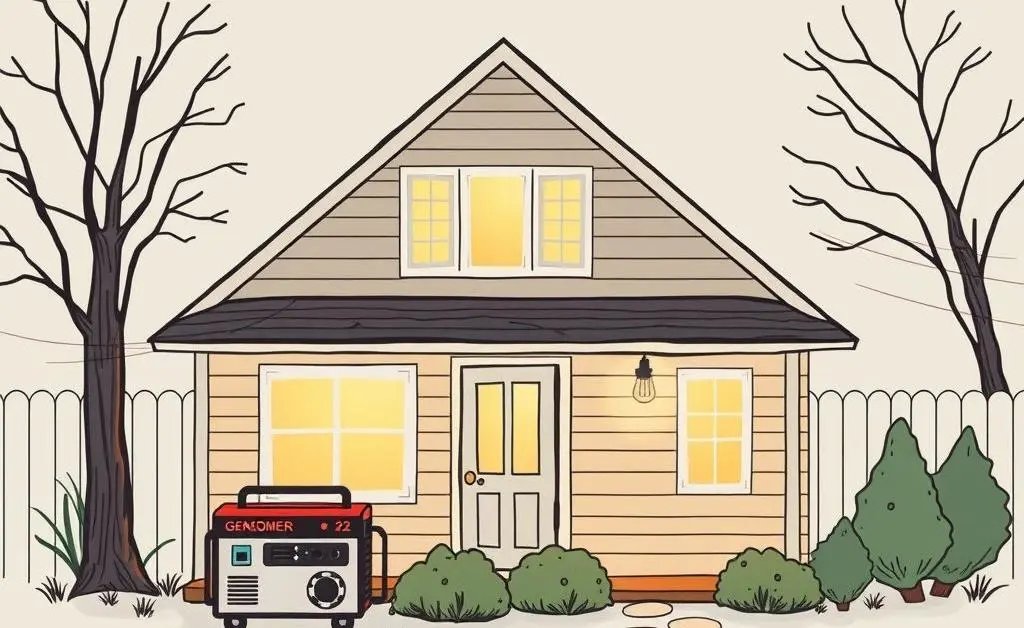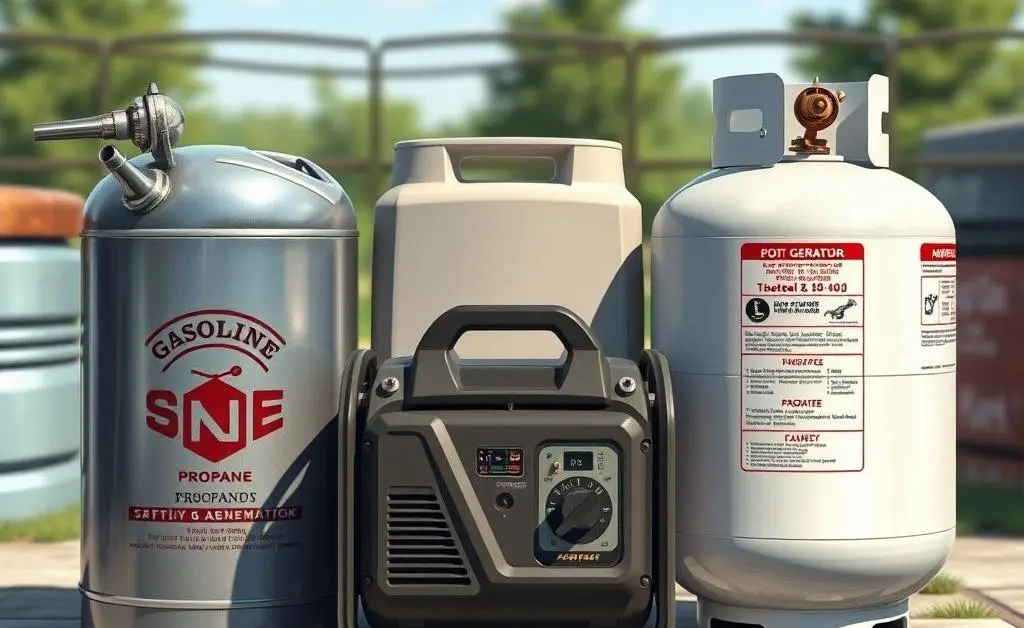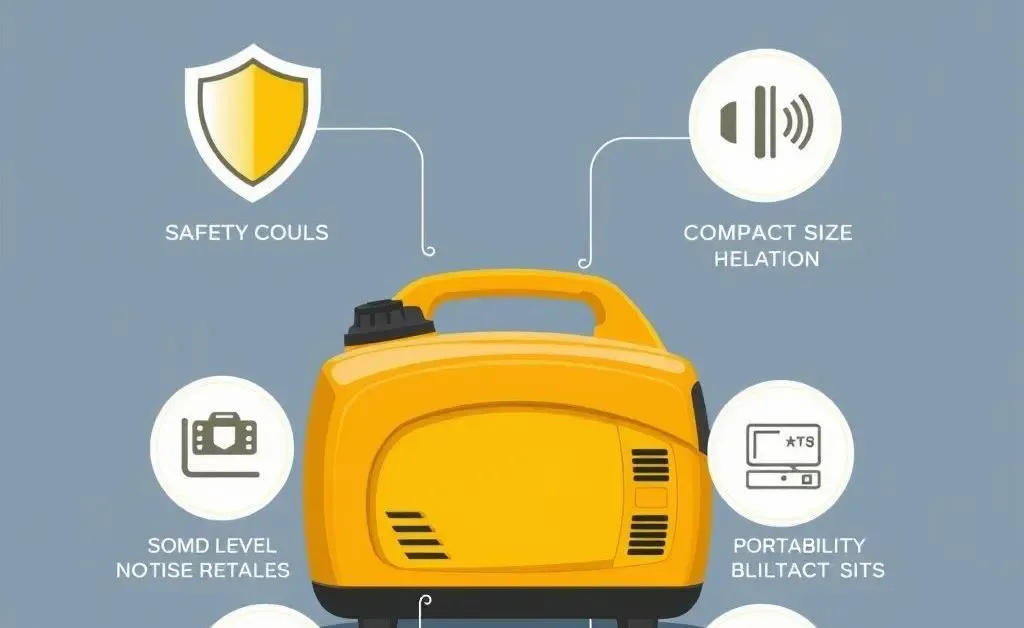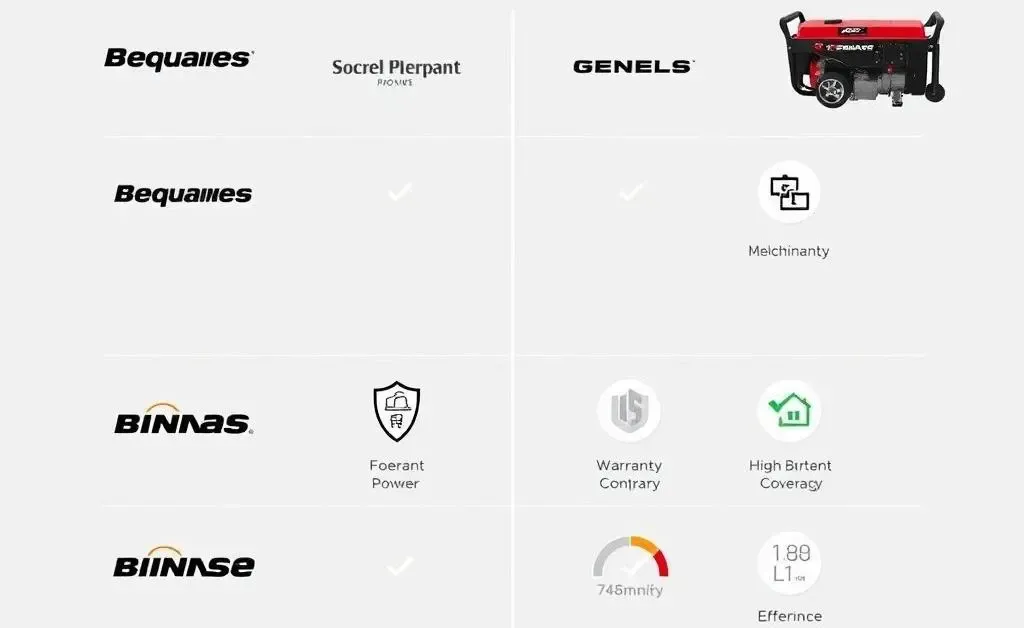Choosing the Right Generator: What to Consider Before You Buy
A friendly guide to choosing the perfect generator. Discover features, fuel types, and what suits your home needs best.

Have you ever been in the middle of a storm when the power goes out and you think, 'I wish we had a generator'? You're not alone! Choosing the right generator can be a game-changer during unexpected outages. But, with so many options out there, where do you start?
Understanding Your Power Needs
First things first, ponder over what exactly you need a generator for. Is it just to keep your fridge running and your phone charged, or do you have a large home and need to power multiple appliances simultaneously? Knowing your needs is step one in narrowing down your choices.
Types of Generators
- Portable Generators: Best for small, temporary jobs. They can power essentials like lights and small appliances.
- Standby Generators: Often professionally installed, these kick in automatically when the power goes out, great for larger homes.
- Inverter Generators: Ideal for sensitive electronics like laptops due to cleaner power output, and they're typically quieter.

Fuel Options
Let's talk fuel. Most generators run on either gasoline, propane, or natural gas. Each has pros and cons.
Gasoline is easy to find but doesn't last as long in storage. Propane is cleaner and can be stored indefinitely, but you'll need a propane tank handy. And then there's natural gas, which is quite reliable but usually requires a permanent setup and a connection to your home's gas line.
For those who can’t decide, dual fuel generators offer the flexibility of using both gasoline and propane, giving you the best of both worlds.
Features to Look For
Back when I was shopping for my first generator, I focused on these key features:
- Power Output: Make sure it can handle the wattage your essential devices will draw.
- Run Time: How long will it last on a tank of fuel?
- Noise Level: You might love your generator, but your neighbors might not!
- Portability: Is it easy to move around if needed?
- Safety Features: Features like low oil shut-off are critical for safe operation.

Brand Options
These days, there are more brands than ever competing for your attention, from budget-friendly options to high-end models with all the bells and whistles. Each brand comes with its own set of strengths and trade-offs.

In Conclusion
At the end of the day, the best generator for you is one that meets your specific needs and budget. Take some time to list out your priorities. Do you want something quiet? Or is pure horsepower your must-have? Whatever your choice, you'll find peace knowing you're prepared for the next storm.
What features do you prioritize in a generator, and why? I'd love to hear your thoughts in the comments!




